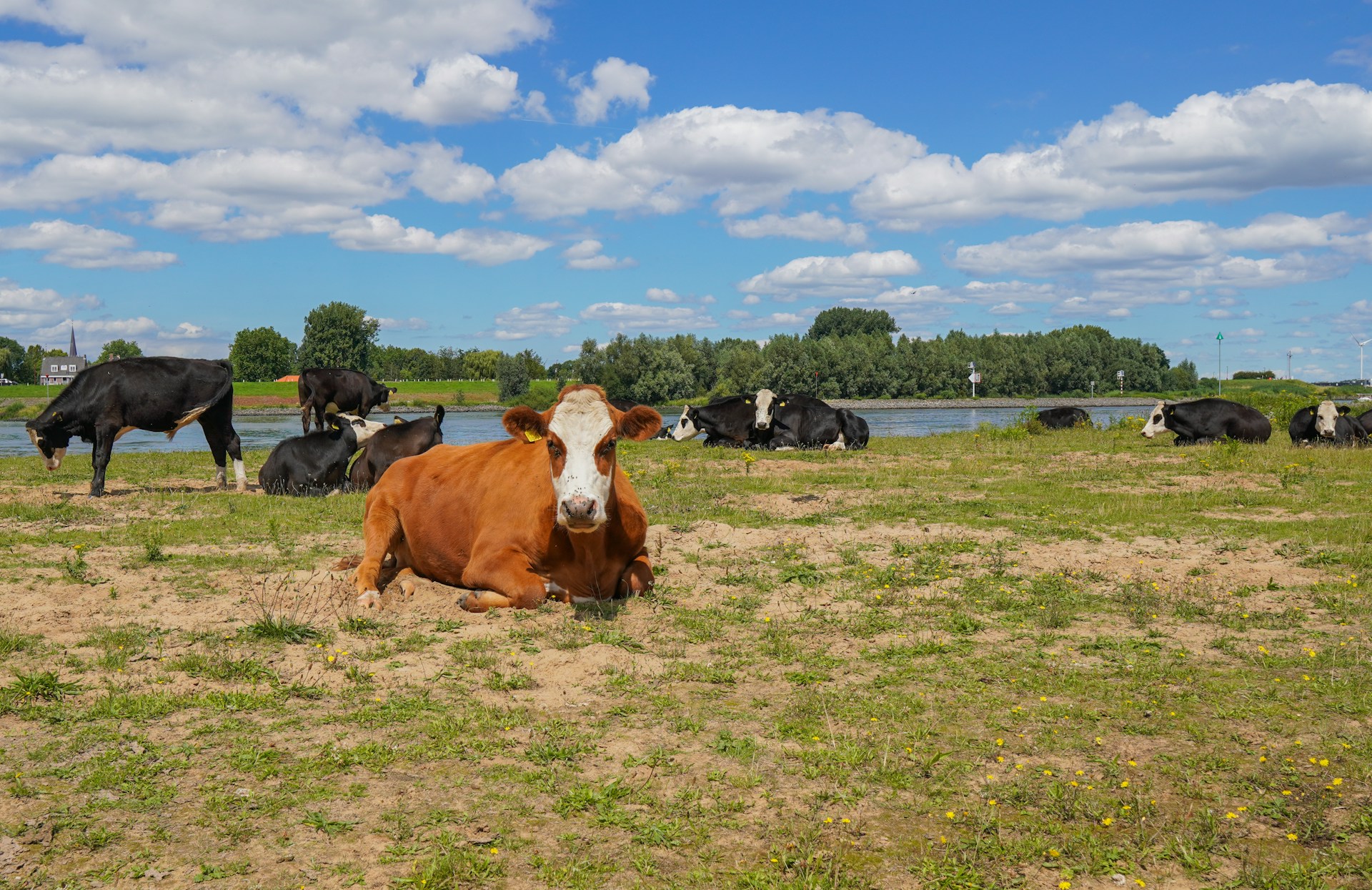
The U.S. Food and Drug Administration (FDA) announced on Tuesday that traces of the avian flu virus, which has infected dairy cows, were found in samples of pasteurized milk. The agency emphasized that the viral material detected is inactive and the findings “do not represent actual viruses that could pose a risk to consumers.” Officials are continuing to investigate the matter.
“To date, we have seen nothing that would change our assessment that the commercial milk supply is safe,” the FDA stated in a press release.
This announcement comes nearly a month after an avian flu virus, which has affected millions of wild and commercial birds over recent years, was detected in dairy cows in at least eight states. According to the U.S. Department of Agriculture (USDA), nearly 33 herds have been impacted so far.
FDA officials did not specify how many samples were analyzed or where they were obtained. The agency has been testing milk both during processing and from store shelves, authorities indicated. Results from further testing are expected “in the coming days or weeks.”
The laboratory test used was able to detect viral genetic material even after the live virus had been eliminated through pasteurization or heat treatment, explained Lee-Ann Jaykus, a retired food microbiologist and virologist from North Carolina State University.
“To date, there is no evidence that this is an infectious virus, and the FDA is closely monitoring the situation,” Jaykus added.
Previously, FDA and USDA officials had stated that milk from affected cattle did not enter the commercial supply chain. Milk from sick animals must be separated and destroyed. Federal regulations require that milk entering interstate commerce be pasteurized.
